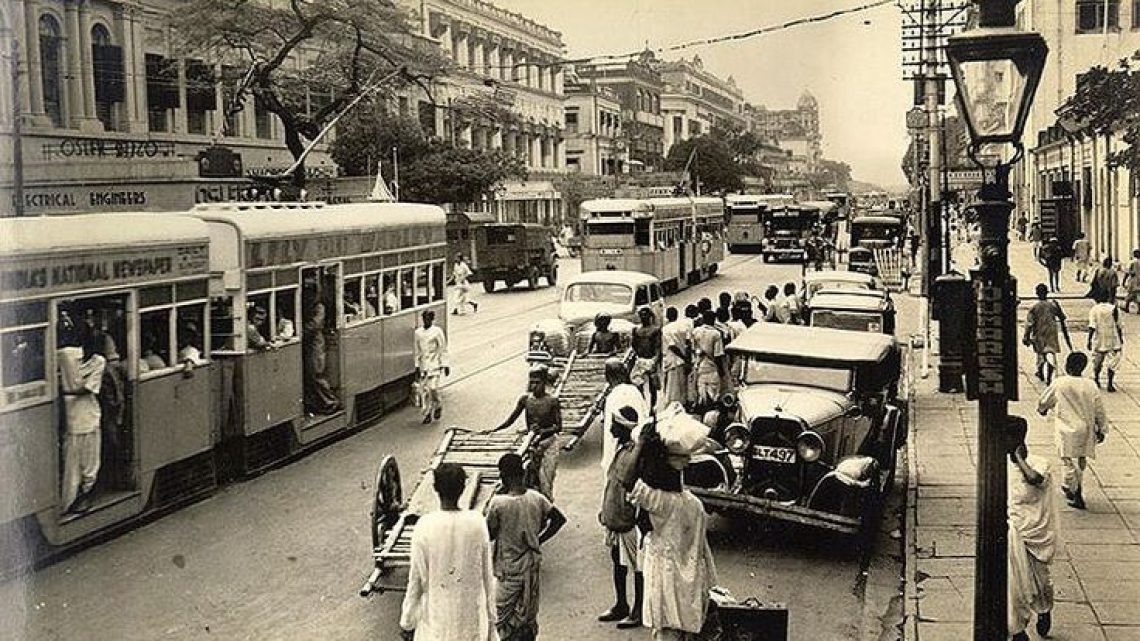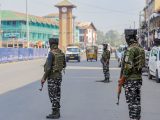
One Bengal: A Vision for a Unified Bengali Homeland
August 20, 2024The 1947 partition of British India reshaped South Asia, creating India and Pakistan. India emerged as a secular republic, but Hindu nationalism has increasingly influenced its political landscape, particularly under the BJP (Bharatiya Janata Party).
Pakistan was initially divided into East and West, separated by 1,600 kilometers of Indian territory. This geographical and cultural divide created significant challenges, particularly for East Pakistan, where Bengalis felt marginalized.
East Pakistan, home to Bengali speakers, experienced systemic discrimination and political underrepresentation from the West. These issues led to the Bangladesh Liberation War in 1971.
The war ended with Bangladesh gaining independence on December 16, 1971. However, the vision of a unified Bengali homeland remains unfulfilled. The border between West Bengal (India) and Bangladesh splits not only land but also families and shared culture.
Bengali culture and language are deeply connected across the border. Figures like Rabindranath Tagore and Kazi Nazrul Islam symbolize this cultural pride. Festivals like Durga Puja and Pohela Boishakh reinforce their shared identity.
Durga Puja celebrates the goddess Durga’s victory over the demon Mahishasura with elaborate rituals. Pohela Boishakh, the Bengali New Year, symbolizes renewal and joy. These festivals unite Bengalis beyond political boundaries.
The longing for a unified Bengali nation reflects deep emotional and historical connections. This desire often clashes with broader national narratives. As India embraces Hindu nationalism, preserving diverse cultural identities becomes increasingly challenging.
The BJP’s rise has highlighted the need to protect regional identities amidst a push for Hindu nationalism. This shift underscores the urgency for Bengalis to advocate for unification and the realization of their cultural identity.
The international community must support human rights and the Bengali quest for self-determination. The legacy of the 1971 Liberation War showcases the Bengali people’s resilience and ongoing aspirations for unity.
Despite political challenges, the spirit of the Bengali people remains strong. They continue to strive for a future where East and West Bengal can be united in their cultural and linguistic identity.
In summarize, the vision for a unified Bengali homeland persists, driven by shared cultural heritage and historical experiences. Overcoming political and social barriers is essential for achieving this dream.

